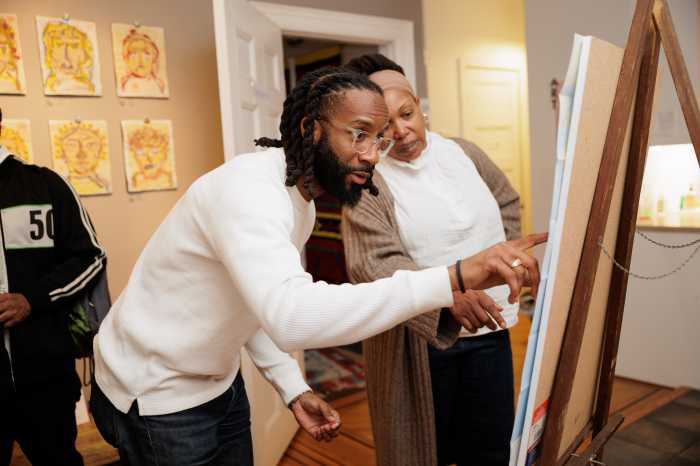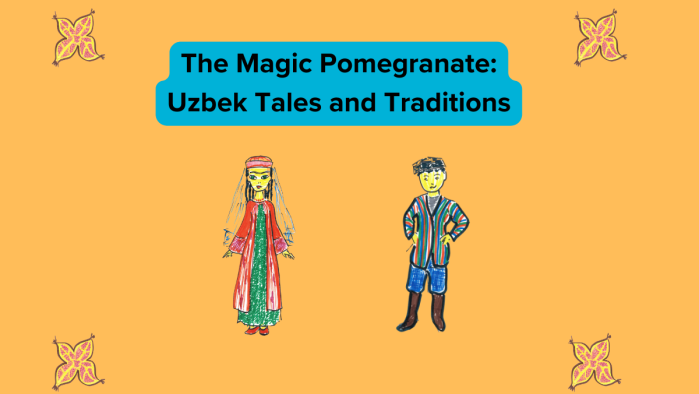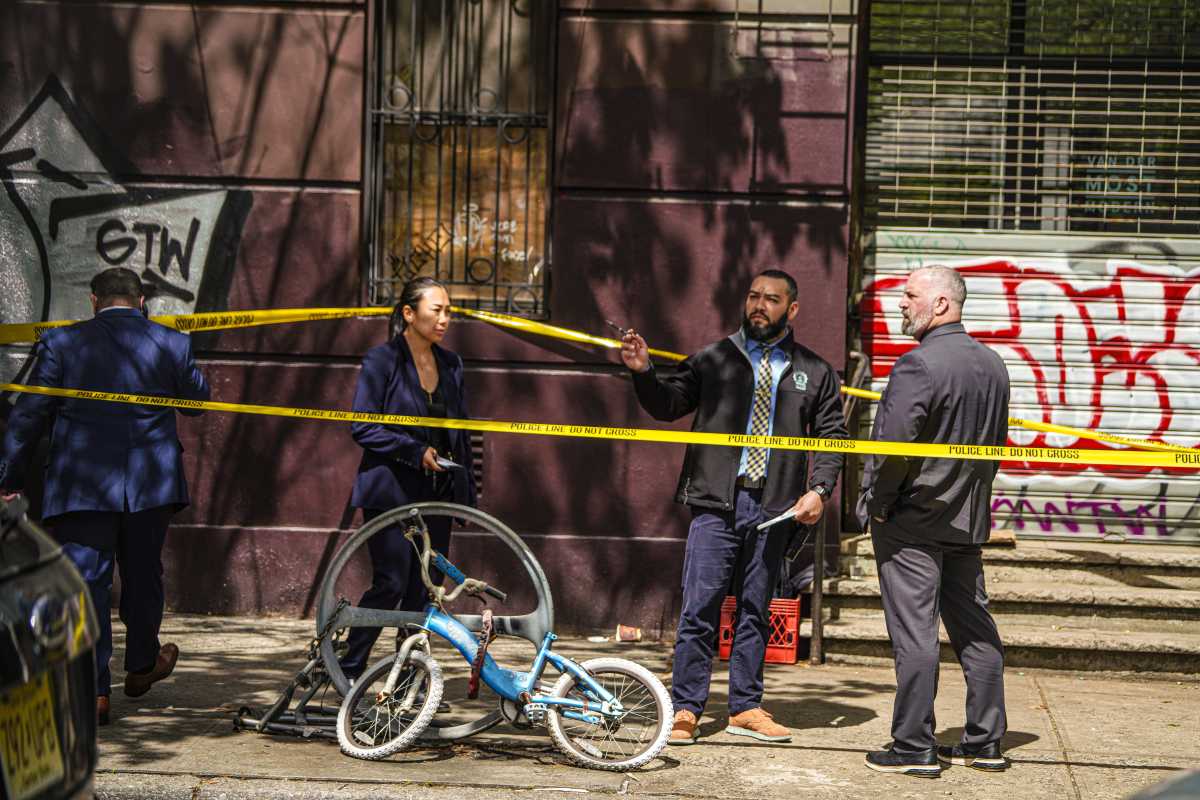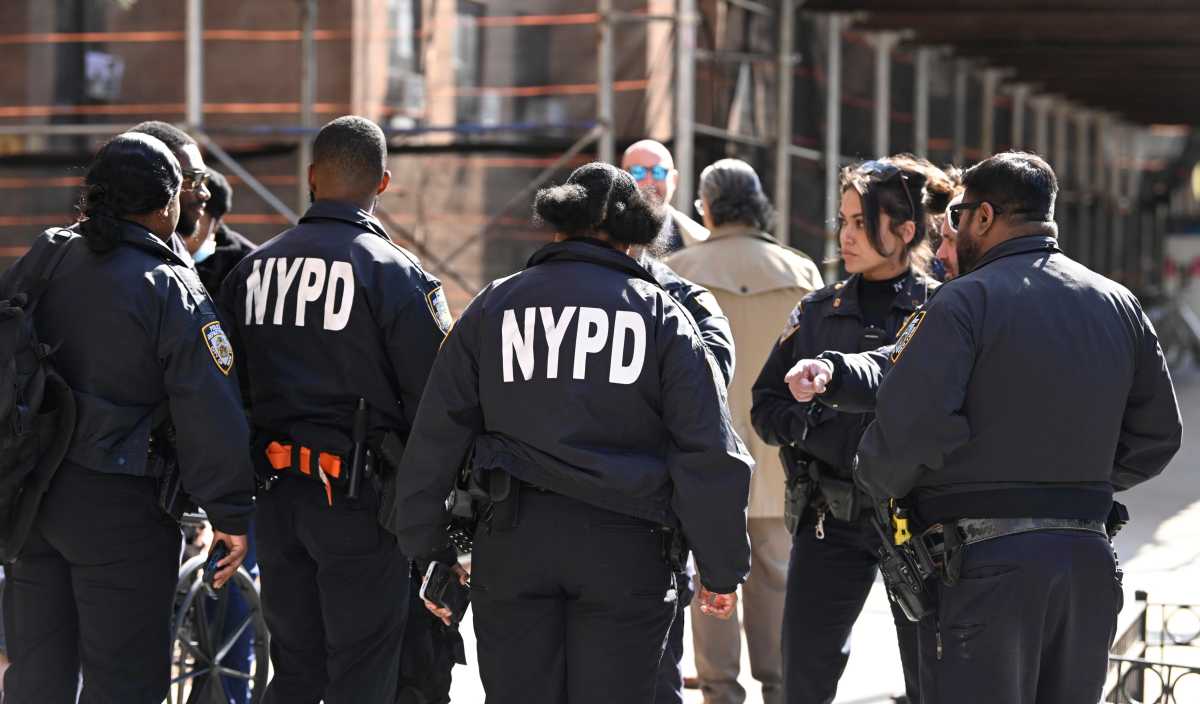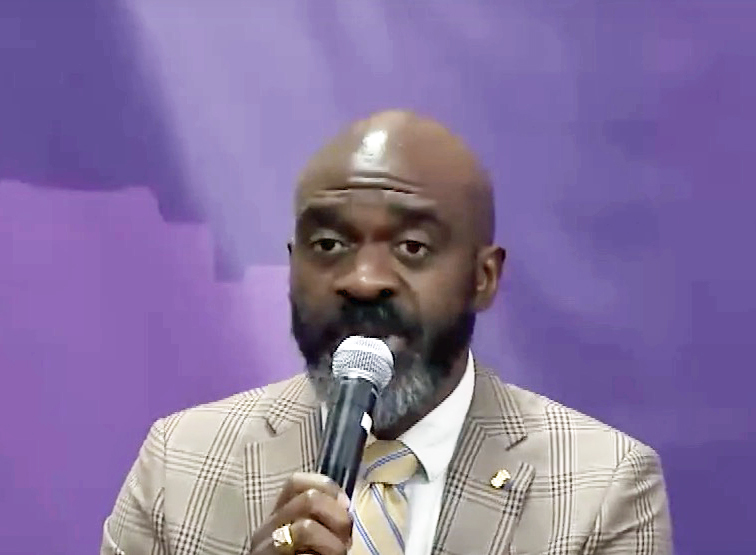Who is the B.P.M.?
Of all the many recognizable denizens of Park Slope who make
guest appearances in Paul Auster’s new book, "The Brooklyn
Follies," this one character – the "Beautiful Perfect
Mother" – will undoubtedly provoke many a spirited debate
about her identity.
Everyone knows a Park Slope B.P.M. Indeed, aren’t all the moms
in Park Slope B.P.M.s? In naming this character as he did, that
is probably Auster’s point. It’s a bit of a wink to his neighbors
that will probably go unrecognized by readers outside of Brownstone
Brooklyn.
"[She sat] on the front stoop of her building with her two
young children, waiting for the yellow bus to arrive and take
them to school," writes Auster. "She was remarkably
attractive with long black hair and luminous green eyes, but
what stirred him most about her was the way she held and touched
her children. He had never seen maternal love expressed so eloquently
or simply, with more tenderness or outright joy To watch her
sitting on the front steps of her house with her arms wrapped
around those two small kids was enough to bring a flutter to
an old curmudgeon’s heart."
The identity of the B.P.M. is hidden for several pages of "The
Brooklyn Follies," yet once it is revealed, it becomes ho-hum.
(Her name is Nancy Mazzucchelli and she makes jewelry in her
brownstone studio.) Like many other characters and moods in "The
Brooklyn Follies," the B.P.M. ultimately becomes one of
the numerous feints in the book. She ends up not really being
a major character, but merely window dressing for the most Brooklyn
of Auster’s works.
Certainly, the 58-year-old Sloper has written about New York
before. The city, in fact, is a main character in "The New
York Trilogy," and his movie, "Smoke," is set
in a Park Slope candy store. And Auster himself is a very recognizable
figure on Seventh Avenue and the focus of substantial lust among
some readers.
"He’s a world-class writer, a real innovator," one
woman recently posted on the blog, http://onlytheblogknowsbrooklyn.com,
which is operated by The Brooklyn Papers columist Louise Crawford.
"He speaks French, makes wonderful independent movies and
lives in a brownstone in Brooklyn. He is said to be a very generous,
good person and has stayed married to a famous writer [Siri Hustvedt]
for years. He also has a dog. What more could you want in a sex
symbol?"
But Auster has never put his Brooklyn – specifically, Park Slope
– so front and center in a book (and on the cover, too. Yes,
that’s the corner of Seventh Avenue and Second Street on the
book jacket).
The book’s main character, retired insurance salesman Nathan
Glass, often grabs a sandwich at La Bagel Delight, a Seventh
Avenue joint famous for its overstuffed sandwiches and garrulous
countermen.
As narrator Glass puts it, "One Sunday morning, I went into
a crowded deli with the absurd name of La Bagel Delight. I was
intending to ask for a cinnamon-raisin bagel, but the word caught
in my mouth and came out as cinnamon-reagan.
"Without missing a beat, the young guy behind the counter
answered: ’Sorry, we don’t have any of those. How about a pumpernixon
instead?’ Fast. So damned fast, I nearly wet my drawers."
From there, it’s onto Auster’s lunchtime haunt, rendered here
as "The Cosmic Diner," but clearly a stand-in for the
diners that Auster (and any Brooklynite) remembers from the not-so-distant
past.
"The food there was mediocre at best, but one of the waitresses
was an adorable Puerto Rican girl named Marina, and I rapidly
developed a crush on her. She was half my age and already married,
which meant that romance was out of the question, but she was
so splendid to look at … that I literally pined for her on
her days off."
Now, why can’t the New Purity get a waitress like that?
Glass rents his movies from "Movie Heaven" (fictional),
yet gets his hair cut at Park Slope Barbershop (a real Seventh
Avenue place) and eats a nice meal at Mike & Tony’s steakhouse
on Fifth Avenue (now closed and replaced by Moutarde).
Despite its rich setting, "The Brooklyn Follies" is
not a full novel at all, but more of a scrapbook. The plot, such
as it is, follows Glass, a recent cancer survivor, as he returns
to his native Park Slope "to die," as he puts it on
page one.
Yet, he does not die.
In fact, he doesn’t even succumb to the curmudgeonly impulses
that caused his divorce, estrangement from his daughter and his
complete lack of friends. The most fun of the "follies"
consist of watching Glass transform from "a cruel and selfish
person" to his ultimate redemption, thanks to his new life
among the B.P.M.s, the bagel guys and bookstore owners with mysterious
pasts.
He dives right into his new life in the borough as if he has
gills.
He is not merely rejuvenated by moving to Park Slope, he is redeemed.
"The Brooklyn Follies" is by no means Auster’s best
novel. (A strong case could be made for "The Book of Illusions"
or "Leviathan," but neither of them is about Park Slope,
so why bother?) Characters, like Glass’s beloved waitress or
the B.P.M., come and go, and a main plot line involving a bookstore
owner with a larcenous past, never seems to build to anything
more than just an example of the folly of the title. And the
less said about the last page – a September 11th ending that
seems tacked on simply to jolt – the better.
But before that misstep, there’s plenty to enjoy. If you live
in Park Slope, you’ll recognize the people, places and diner
food. But if you don’t, you might be tempted to move to this
wondrous place that does more for the soul than a month at Lourdes.
"The Brooklyn Follies" (Henry
Holt and Co., $24) by Paul Auster is available at, or can be
ordered through, these bookstores: The Bookmark Shoppe [6906
11th Ave. at 69th Street in Dyker Heights (718) 680-3680], BookCourt
[163 Court St. at Dean Street in Cobble Hill, (718) 875-3677]
and Barnes & Noble [267 Seventh Ave. at Sixth Street in Park
Slope, (718) 832-9066].




